Politics and Parliament
Budget
All the budget papers will be here as they are released.
BBC stories:
Politics Home has a summary
And what does the budget paper actually say about education and research?
- Committing £14 million for public sector research and innovation infrastructure. This includes funding to develop the next generation of health and security technologies, unlocking productivity improvements in the public and private sector alike. (page 36). Otherwise the section on science and innovation on page 55 only refers to things already announced.
- Something on life sciences (page 60): £45 million of additional funding for medical charities doing life-saving research
News story from the Treasury on an investment package in life sciences and R&D
Ahead of the Spring Budget this week, the Chancellor Jeremy Hunt has today (Monday 4 March) announced a significant investment package in the UK’s life sciences and manufacturing sectors, as part of the government’s plan to grow the economy, boost health resilience and support jobs across the UK. The funding will go towards several companies and projects who are making cutting edge technology in sectors key to economic growth and part of wider government support to ensure the UK is the best place to start, grow and invest in manufacturing.
- Chancellor to announce significant funding package for R&D and manufacturing projects across the life sciences, automotive and aerospace sectors.
- £92 million joint government and industry investment to expand facilities to manufacture life-saving medicines and diagnostics products.
- £200 million joint investment in zero-carbon aircraft technology to develop a more sustainable aviation sector and almost £73 million in automotive technology.
New apprenticeships: From FE Week. The ministerial statement is here
- Thirteen specially selected apprenticeships will receive a £3,000 per-apprentice funding boost from April, the Treasury has announced.
- The extra cash will come on top of usual funding bands but training providers will need to deliver a minimum of 15 starts to access it.
There is one level 5 in there: nuclear technician.
And the NHS?
- the government will invest £3.4 billion to reform the way the NHS works. …
- This investment in NHS technology will be central to a wider NHS productivity plan including workforce productivity improvements set out in the long term workforce plan. ….
- £430 million will be invested to transform access and services for patients, giving them more choice and the ability to manage and attend appointments virtually, and enabling £2.5 billion savings over five years. …. These transformations include:
- Making the NHS App the single front door through which patients can access NHS services and manage their care….
- Digitally-enabled prevention and early intervention services, through the NHS App, introducing a new digital health check ….
- Delivering a radically improved online experience for patients, giving citizens a single digital access point for information about NHS services…..
- £1 billion will be invested to transform the use of data to reduce time spent on unproductive administrative tasks by NHS staff, enabling more than £3 billion of savings over five years. …. This includes:
- Pilots to test the ability of Artificial Intelligence (AI) to automate back office functions. By automating the writing and clinical coding of notes, discharge summaries and GP letters, clinicians will be able to spend more time with patients at more appointments. ….
- Providing all NHS staff with digital passports and access to a new NHS Staff App. …..
- An acceleration of the Federated Data Platform (FDP) to bring together operational and ICS data currently stored on separate systems to every trust in the country by the end of 2026-27 ….
- £2 billion will be invested to update fragmented and outdated IT systems across the NHS….This will also lay the groundwork for cutting-edge technologies such as AI, enabling the NHS to become a world leader in using technology. These steps include:
- Upgrading IT systems, scaling up existing use of AI and ensuring all NHS staff are equipped with modern computing technology.
- Ensuring all NHS Trusts have Electronic Patient Records by March 2026….
- Upgrading over one hundred MRI scanners with AI, enabling scans to be delivered up to 35% more quickly…
- Digitising transfers of care. …
- The government and NHS England will convene an external expert advisory panel to ensure that the programme has the support and challenge to deliver its goals, including making the best use of new and emerging technologies.
- A step change in the timeliness of data and reporting will also enable the NHS to identify and adapt the best policies for improving productivity more quickly. NHS England will start reporting against new productivity metrics regularly from the second half of 2024-25, at a national, Integrated Card Board (ICB) and Trust level. New incentives will be introduced to reward providers that deliver productivity improvement at a local level, including through effective investment helping to deliver better outcomes. Further detail will be set out in the summer.
- Building on the progress already made, the government will work with NHS England to reduce the costs of agency staffing, including ending the use of expensive “off-framework” agency staffing from July 2024, while ensuring that emergency cover can continue.
- Alongside this, the NHS will introduce a wider set of measures to review agency price caps, tighten controls and rules around agency staffing, and improve support and transparency. Further details will be set out in the NHS’ Planning Guidance, which will be published shortly.
- Maternity safety: The government and NHS England are investing £35 million over three years to improve maternity safety across England, with specialist training for staff, additional midwives and support to ensure maternity services act on women’s experiences to improve care…including:
- We will train an additional 6,000 midwives in neonatal resuscitation and nearly double the number of clinical staff who have received specialist training in obstetric medicine in England.
- Increasing the number of midwives by funding 160 new posts over three years
Britain’s mood, measured weekly
YouGov measure the mood of the country weekly, you can find it here. They also measure government approval.
Politics Home have an updated list of MPs standing down at the next election.
- So far, 95 MPs have announced their intention to stand down as MPs at the next general election. At the last general election in 2019, a total of 74 MPs announced that they would not stand again…
- Conservative: 59 Conservative MPs and 4 independent MPs (Matt Hancock, Julian Knight, Lisa Cameron. Bob Stewart no longer hold the Tory whip)
- Labour: 17 Labour MPs and 2 independent MPs (Nick Brown and Conor McGinn no longer hold the Labour whip)
- 13 other party MPs (9 SNP, 2 Sinn Féin, 1 Green, 1 Plaid Cymru)
What is perhaps more telling is the fact that many of those stepping back from frontline politics are relatively young, in their 30s and 40s. While the Tory MPs stepping down have an average age of 56 years, Labour MPs stepping down have an average age of 69, mostly made up of veteran MPs retiring from long professional lives in Parliament.
Research and knowledge exchange: war on woke
You will recall the huge fuss in October 2023 about Michelle Donelan’s somewhat intemperate intervention in UKRI governance when she called out members of the Research England Expert Advisory Group on Equality, Diversity and Inclusion for expressing allegedly “extremist views” on social media. The Minister demanded that the group be disbanded and people sacked. UKRI launched an investigation. One of the people implicated, Professor Kate Sang, took legal action against the Minister.
On 5th March, several things happened:
- UKRI reported that the investigation had exonerated all the advisory board members involved and reinstated them to the panel
- It is reported that the Minister has paid damages and costs (or rather that the department has on her behalf). Bindmans, the law firm who represented Professor Sang, issued a statement.
- The Liberal Democrats demand an inquiry into why the taxpayer is funding the payments.
- Michelle Donelan issued a statement on X confirming she has withdrawn her concerns expressed in the tweet.
Poppy Wood, from the I newspaper, has it all set out in a thread on X. Research Professional has a timeline of what happened.
Student experience, wellbeing and finances
Student experience: the Student Futures commission
This report from the UPP Student Futures Foundation includes new polling about student experiences. Some of the splits by demographic are very interesting.
- 79% of students agreed that their university had given them all the support they needed to prepare for the start of term. The splits here suggest that different support is needed by the “low socio-economic status” students
- 74% of students were working at or above the academic level they expected to be.
- 74% of students agreed with the statement “I feel happy at university”, and 63% agreed with the statement “I feel I belong at my university” In the original report, findings highlight that students are more likely to feel a connection with their course (55%) than with their university (39%). This gap has widened: now, 56% of students feel a sense of attachment to their course, and only 17% to their university overall.
Mental health
- 57% agreed that university had had a positive impact on their mental health overall (though over 1/5th (22%) of students felt it had had a negative impact overall).
- Over a quarter (27%) of students would be uncomfortable contacting their university for support if they were struggling with their mental health.
- 60% of students were confident that if they contact their university for support when they were struggling with their mental health, that the university would be able to help them.
Teaching and learning: while 57% report having fully in person learning, only 42% think that is ideal. Most of the rest want a mix: fully or mostly online are not the popular choices.
Social and engagement:
- 44% of students were less engaged with extracurricular activities than they were expecting to be, and a quarter (25%) had never engaged at all.
- 50% of students had not had any specific conversations or guidance about future careers with staff at their university;
- 72% felt there was more their university could do to integrate workplace skills into the curriculum
Disabled students
The update a few weeks ago talked about getting to know our students. Here we have a focus on some of the challenges and outcomes for students with disabilities. Wonkhe’s take on the UPP report discussed above is here: Disabled students need more than support plans and “fixing” | Wonkhe: looking at the polling behind the report in more detail highlights the challenges with belonging that some groups experience, focusing on disability in particular as the largest group
Shaw Trust launched a report, ‘The disability employment gap for graduates’. It’s an interesting read.
And the challenges are real: AGCAS launched the ‘What happens next in challenging times?’ report, analysing 2020 and 2021 Graduate Outcomes data for disabled graduates:
- The total employment of disabled graduates at all levels of qualification was lower than the total employment of graduates with no known disability in both 2019/20 and 2020/21.
- In both years, for first degree and postgraduate taught, autistic graduates reported the lowest proportion of highly skilled employment, followed by graduates with mental health conditions
- In 2019/20 and 2020/21, the majority of first degree disabled graduates were more likely than graduates with no known disability to work in roles that did not require their qualification.
The recommendations are:
| • Maintain focus on the total employment gap for disabled graduates, to ensure that positive progress in outcomes for the wider graduate population does not obscure continued inequality of employment opportunities and outcomes for disabled graduates. Within data on disabled graduate outcomes, further breakdown by disability type is needed to highlight variance amongst the outcomes of disabled graduates.
• Higher education institutions and employers should adopt the relevant recommendations in the 2023 Disabled Student Commitment. All stakeholders should consider how to effectively support and resource appropriate higher education careers and employability activity, to work towards reducing, and ultimately eliminating, the total employment gap for disabled graduates.
• All bodies collecting quantitative data on graduate outcomes should look to ensure parity of data between disabled graduates and graduates with no known disability, as well as providing a breakdown of data by disability type to highlight variance amongst the outcomes of disabled graduates. Alongside this, there is a need for more qualitative data on disability disclosure during and after higher education participation.
• Further research and data on the experiences and outcomes of autistic graduates are urgently needed. A collaborative approach from sector bodies, higher education institutions and employers is vital, and all work must centre the voices of autistic students and graduates.
• Higher education institutions should review their long-term employability support for recent graduates to help mitigate any additional barriers to successful graduate transition and prioritise support for disabled graduates to prevent the compounding of existing inequalities of outcome. |
Wonkhe have a blog from the authors: There is still an unacceptable gap in employment outcomes for disabled graduates | Wonkhe:
- The pipeline is not so much leaky as blocked, to the detriment of our society. The barriers that disabled graduates, and the wider disabled population, experience in seeking, securing and maintaining good work are significant, varied and complex. Disabled people are often actively excluded from employment, directly or indirectly, as illustrated by the overall disability employment gap.
- It is also worth remembering that our new research projects only focus on accessing work. Once in work, disabled people continue to experience inequality, with the disability pay gap currently standing at 13.8 per cent. There is a long way to go here.
Loan forgiveness for nursing students
As covered in the last update, there is a challenge with recruitment to nursing courses.
MillionPlus and the Royal College of Nursing have written to the Chancellor ahead of the budget
- To fulfil the ambitious goals outlined in the NHS Long Term Workforce Plan, the annual intake of nursing students needs to average 29,000 between 2023 and 2031, solely to meet the NHS’s staffing requirements. Universities, and in particular modern universities who train around 70% of new nurses, stand ready to meet this challenge. However, the current pipeline, represented by the 2023/24 nursing student cohort, stands at only 22,470, highlighting a significant shortfall. To further complicate matters, current recruitment efforts primarily rely on overseas professionals, posing long-term sustainability challenges for the NHS. Further compounding this critical situation, university admission figures reveal a worrying 26% decline in nursing applications over the past two years, making a bad situation worse.
- The burden of student debt coupled with real terms cuts in maintenance grants for nursing students act as significant disincentives for talented individuals to pursue this vital career path. These financial pressures are part of a vicious cycle of understaffing, ultimately jeopardising the quality of care delivered by our NHS.
- To address this critical challenge, we urge you to seize the opportunity presented by the Spring Budget and invest in a loan forgiveness model for nursing graduates working in public services
Research Professional have the story.
And it seems there is public support for this: A YouGov poll: MillionPlus has a blog:
- MillionPlus, the Association for Modern Universities, has today commented (5 March) on polling by YouGov which shows overwhelming public backing for a fee loan forgiveness scheme for nurses.
- In total, three quarters (76%) of the public backed the measure in polling conducted by YouGov ahead of Wednesday’s budget. Support for the policy was shown by all age groups, with those 65+ most in favour (78%). The scheme received majority support from the voters of all three main parties (Con, 73%, Lab, 89%, Lib Dem, 79%).
International: Falling international recruitment
Government data published on 29th February includes numbers of sponsored study visas.
These students are expected to leave the UK: Analysis from the Migrant journey: 2022 reportshows that most foreign students do not remain in the UK indefinitely. Around 4 in 5 of those arriving on study routes had expired leave 5 years later. Since 2007, fewer than 10% of people who came to study in the UK had indefinite leave to remain 10 years later (compared to over 20% who came for work and over 80% for family reasons). The recent introduction of the Graduate route and other factors may change the proportion of students who stay on in the UK, which will be monitored in due course through the annual migrant journey reports.
This Wonkhe blog predicts this decline will continue: the change of rules on dependants will be part of it, but so also is cost of living for all these students, especially dramatically for Nigeran applicants given the changes in the value of the Nigerian currency which have made the UK a very expensive place to be.
And this one makes very worrying reading in terms of the impact of all this.: Will international recruitment fall even further? | Wonkhe.
HE sector sustainability and change
Outreach work
For a long time the sector has been pushed to do more with schools, not to support recruitment but to improve attainment for students in those schools. At one point there was a suggestion that all universities should be required to sponsor schools. A policy update from November 2017 has this:
- At the UUK Access and Student Success summit on Tuesday a Government representative made clear that broader (and effective) forms of partnership working are welcome but that they expect more universities to be involved in a school sponsorship style model.
- Background: In December 2016 the Government made clear that they expected universities to be more interventionist proposing that all universities sponsor or set up a school in exchange for charging higher HE tuition fees. The Schools that work for everyone consultation garnered responses to the Government’s aim to harness universities’ expertise and resources to drive up attainment through direct involvement. When the snap election was announced the school sponsorship agenda featured in the Conservative’s manifesto. However, recently there has been little additional push from Government.
- Working quietly in the wings throughout this period, OFFA have been urging institutions to make progress against a more diluted version of the Government’s aim – that universities take measures to support school pupils’ attainment and increase school collaboration through the Fair Access Agreements
The analysis of responses to the consultation showed that the sector did not universally welcome this approach:
- The consultation received a wide range of suggestions for how universities can best support school level attainment. This included support for students, support for teachers and support for schools in primary, secondary and further education. However, while the idea of school support was broadly welcomed, not all agreed that traditional, formal, academy sponsorship arrangements should be prioritised over other forms of school engagement.…
- In addition to the specific questions asked in the consultation, some respondents raised concerns about higher education institutions being required to sponsor schools and support attainment in schools. These included some uncertainty about the extent to which universities’ sponsorship will guarantee improvements in attainment, caution about the impact the policy would have on other methods of engagement, and opposition to tuition fees in general. …
- … the consultation received over 2,600 suggestions for how academic expertise at universities could help improve school-level attainment. Suggestions could be categorised into three broad areas: support for pupils; support for schools; and support for teachers. These respondents said that universities had a role to play in supporting primary, secondary and further education, and often cited multiple types of support suggesting that it is important that universities make a contribution across a number of different fronts simultaneously. However, higher education institutions and their representative bodies were opposed to a prescriptive approach – for example school sponsorship – due to concerns that this would limit the number of schools that are supported, and the number of pupils reached, compared to the diverse approaches currently taken.
The outcome from the consultation from 2016 referred to above was published in 2018. On this question it concluded: The Government endorses this guidance [from the Office for Students, about Access and Participation plans] and expects more universities to come forward to be involved in school sponsorship and establishing free schools, although support need not be limited to those means. What is important is that institutions can clearly demonstrate the impact their support is having on schools and pupils.
Since then the guidance on access and participation has changed several times as has the Director for Fair Access. In this Insight Brief from April 2022 we were told:
- The government has signalled that it expects ‘to see the whole higher education sector stepping up and taking a greater role in continuing to raise aspirations and standards in education’. Money spent by universities on access and participation should be ‘used effectively and in line with evidence to deliver real social mobility’…
- In the next phase of the Uni Connect programme, we are expecting partnerships to develop evidence-informed collaborative approaches to raise attainment in local state secondary schools, acting as a broker, drawing on the resources and input of local higher education providers. We expect them to continue to engage schools and colleges to deliver higher education outreach with the aim of supporting young people to make informed choices about their options in relation to the full range of routes into and through higher education, including through apprenticeships.
So now we hear from Public First, commissioned by the OfS to review UniConnect. The report is here.
| • There is a strong underlying case for some form of centrally funded programme to encourage and deliver high quality collaborative outreach.
o Collaborative outreach has been a feature of the system in England for more than two decades. Uni Connect is the latest of five (or depending on how we count it, six) centrally funded collaborative outreach programmes in that time.
o The literature review conducted as part of this review reveals a strong case in principle for collaborative outreach over and above action which might be taken by individual HEIs.
§ Because HEIs have incentive to focus outreach activity on recruiting students to their own institution, especially students who are statistically more likely to attend and perform well throughout and beyond their courses. This would damage equality of opportunity for students that are currently underrepresented.
§ Because regulatory requirements to address this risk through Access and Participation Plans are still likely to incentivise individual action by universities, and thus lead to inefficacy, duplication of effort and gaps in outreach for some places and groups of students.
§ Because such collective action is likely to require additional funding since it is unlikely to be offered voluntarily at scale.
• At their best, collaborative outreach programmes can be transformative for individuals and provide the ‘connective tissue’ that strengthens higher education access within regions and nationally.
• Uni Connect could be more consistently effective and impactful.
o National gaps in access to higher education between the most and least advantaged students have not narrowed during the lifetime of Uni Connect – and there is little evidence at a macro level of a reduction in the participation gap between Uni Connect target areas and the rest of the country
• There is evidence of several reasons for Uni Connect not consistently delivering to its potential. |
Research Professional have the story.
- The reports find that “for many in higher education, and in Uni Connect partnerships themselves, the new focus on attainment-raising represents a further dilution of Uni Connect’s mission and an expansion into work that sits outside partnerships’ core competencies”.
- For schools, this new direction “has been a poorly explained (and even outright unwelcome) incursion into work they view as their own core competency”, the consultancy adds.
- John Blake, director of fair access and participation at the OfS, said: “As you can imagine, that was pretty hard reading for me, but I’ve spent two years telling people that you can’t just have the evidence you like—you have to pay attention to the evidence you don’t,” he said.
- Blake added that he wasn’t about to “surrender my belief that what happens in earlier phases of education makes a difference to higher education, because that seems to be unarguable”. However, he did say that today’s reports had given him pause for thought about the best approach to that issue.
So maybe there will be a change in approach?
Franchising investigation
I explained last week the background to the public accounts committee investigation into franchised provision and specifically into student loan fraud linked to franchisees. I listened to some of the oral hearing session with the OfS and others and the transcript is here. I’ve set out quite a lot because it is interesting, not specifically in relation to the particular fraud problem at the relevant institutions, but because of the perspective on the system and the sector as a whole. Fascinating.
The committee started with an explanation of how student loan finance works and a focus on how much it costs the student (this set the tone for some of what came later): the Chair asked: “What assessment have you made of the affordability of student loan debt—for example, in the context of the cost of living or the affordability of housing –when setting repayment terms such as the interest rates and the length of loans? This is a huge burden that we are saddling youngsters with. I know from one of my employees that it makes a huge difference, when you are applying for a mortgage later on in life, if you are still saddled with this huge debt.” Then there was a long discussion about defining the question, which was really what the actual debt is (i.e. over the lifetime of the loan with interest) and what is repaid and Susan Acland-Hood of the DfE had to agree to provide the data separately.
Then they went straight in with “what assurance can you give us that you are taking the fraud and abuse of student funding seriously?”. The answer from Susan Acland-Hood was that the DfE are doing a lot, of course, but for this purpose the definition of “abuse” given was broad.
- There are three risks that are different but related to each other.
- There is an individual fraud risk, where somebody is trying to defraud the taxpayer of money that could be paid out in, typically, student maintenance payments—individuals who claim to be studying when they are not or who are trying to defraud the system.
- You then have a related set of risks around something that is a bit more like misuse or mis-selling—people trying to persuade students, who themselves are more genuine than the fraudulent ones at this end, that they should engage in higher education, but where the principal aim is about gathering tuition fee payments. There may be less curiosity and interest, to put it mildly, from providers in whether what they are delivering is of really good quality.
- Then you have a set of concerns around poor quality provision, which might not be from any bad intent, but is not serving students as well as it should be.
There was a long discussion about failures of the OfS. DfE and the SLC to talk to each other about the actual fraud case that is discussed in the NAO report on the fraud. They all said that they are now sharing information more effectively. The OfS spoke about the work they have done to impose additional reporting requirements on some providers and the formal investigation that was published last week.
The Chair asked another straightforward question “Why are the course outcomes poorer for those franchised higher education providers?”. The OfS explained the B3 licence conditions on student outcomes and how they are benchmarked according to student demographics and the subjects that they are studying.
And, as we know:
- We have been escalating our casework on those student outcomes cases over the past year. That work has covered some of these providers, but, as colleagues have said, for the next cycle, we are going to prioritise looking at the outcomes for students who are studying through those franchised arrangements, to make sure that we are having a really good look at what is happening for them and at the detail of the outcomes in particular partnerships for particular providers.
There was a conversation about guidelines for the use of agents and financial incentives. Susan Acland-Hood confirmed:
- We have been talking to the sector about agents. Universities UK has worked to introduce the UK agent quality framework, which is designed to make sure that agents are being well used in the system. Agents have a positive role to play but need to be operating responsibly and acting in a way that is genuinely in students’ interests. On the back of more recent reports, we have also started a rapid investigation into the use of agents, both domestically and internationally, in order to protect students’ interests. Alongside that, Universities UK has committed to reviewing the agent quality framework and updating the admissions code of practice to make clear how that applies, particularly to students studying foundation degrees, which is one of the focuses of recent attention. There have also been commitments from others in the sector that they will make sure that they abide by the updated agent quality framework when it is produced
And Susan Lapworth for the OfS said:
- We have seen, for instance, weaknesses in the internal control environment for the lead providers, suggesting that they do not have the grip that we would expect over the recruitment activity of those delivery partners, including where agents are used. We have monitored the actions that those lead providers are taking to resolve those internal control issues. More broadly, we are always clear for these sorts of providers, as well as for all providers that we regulate, that they are subject to consumer protection law. …More recently, we have entered into a partnership with National Trading Standards, which is able to enforce consumer law. We are referring cases to them to show that we are serious when we say that compliance is not optional in this sector.
There was a discussion about the financial sustainability of the sector.
Then a really interesting point about the funding arrangements for franchise provision:
- Chair: …When I and other members of the Committee read this, it made our blood absolutely boil. It is the bit that clearly you know only too well. It is about the amount of deductions that can take place when lead providers have franchise arrangements. You pay the student loan to the lead provider, but the lead provider, as the report says, can deduct between 12.5% and 30%. 30% can be deducted. The poor student who is taking out the loan does not even know anything about it. That is completely unacceptable, is it not? Even the worst credit cards only take 19%. That is completely unacceptable. They do not know the deduction even exists.
- Susan Acland-Hood: Just to be clear, that is a deduction from the tuition fee amount, not from maintenance or other loans that would otherwise go into the student’s pocket. In a sense, it represents the value that the lead provider should be adding in making sure that the provision is of good quality. I would agree with you. Amounts at the upper end of that are interesting.
- Chair: It is not interesting. I would put it to you that it is unacceptable. It is particularly unacceptable that the student is not being made aware of this. If I take out a mortgage, my financial provider has to provide every piece of information under the sun, including how much the introductory agent is being paid and how much that is worth over the term of the mortgage. Why are we not having more transparency in this area of student loans?
- …Julia Kinniburgh from the DFE: At the moment, it is for the lead provider to think about the arrangement that they want to have with their franchisee, but it is questionable for that not to be transparent and open. That is one of the things where we want to think about whether we should take further action in that space
- Chair: I put it to you that it is not questionable; it is egregious and it is wrong. I wonder what you can do to put it right.
- …. Susan Lapworth: Yes, some of these figures have become visible to us as we have done the work that we talked about earlier. I agree that some of those numbers are quite shocking. Interestingly, there is also quite a range. Some are less shocking than others. Like DfE colleagues, we are concerned about what this might be telling us about the amount of that tuition fee payment, the £9,250 a year, that is being spent on making sure the courses are high quality as they are delivered to students. Those are the sharp questions that we have been posing for vice-chancellors. If the lead provider is taking that kind of percentage from the fee and the delivery provider is generating a profit or surplus from the enterprise, that squeezes down the amount of money that is being spent on students. That is of concern to us. ….
- Chair: I hear all of that. Ms Acland-Hood, should this information be in the public domain so that every student applying for every course in the country can see what these deductions are? Sunlight is the best form of disinfectant; so is transparency. There is too much secrecy involved here. Why can we not make these arrangements fully transparent?
- Susan Acland-Hood: As you are hearing, a lot of us think that would be a very sensible thing to do. It is under discussion with Ministers now.
Then there was a discussion about how to improve controls, mandatory registration of franchise providers etc.
A question was asked about providers who had been refused registration then becoming franchise providers: Susan Lapworth said that 20 providers have been refused registration and she was aware of 2 that had become franchise providers.
There was a discussion about monitoring attendance and engagement.
There is some published written evidence. The UUK evidence refers to this last point about attendance and engagement:
- We recommend that in following the NAO’s suggestion, if the Department for Education (DfE) is to develop further guidance on what constitutes meaningful engagement, that the DfE first consult with the sector to understand where there might be gaps in current approaches and where further guidance is necessary. We also recommend consideration is given to whether the OfS should lead this process, and how the regulator and government can work together with the sector on this issue to avoid the complexity of similar yet distinct expectations being created.
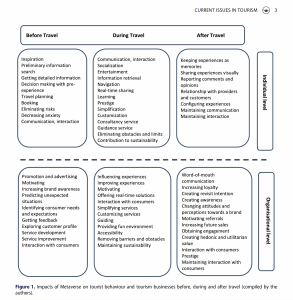
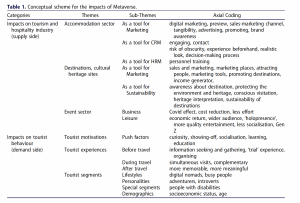
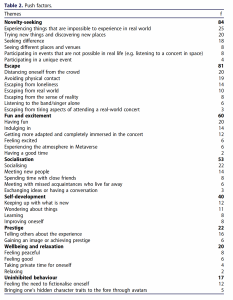
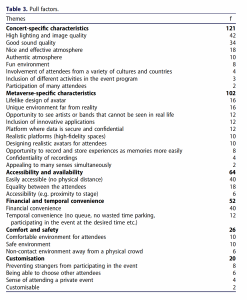
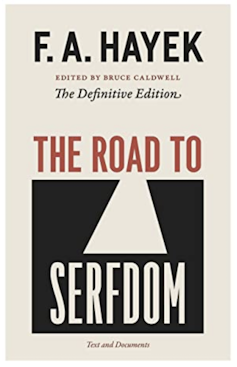

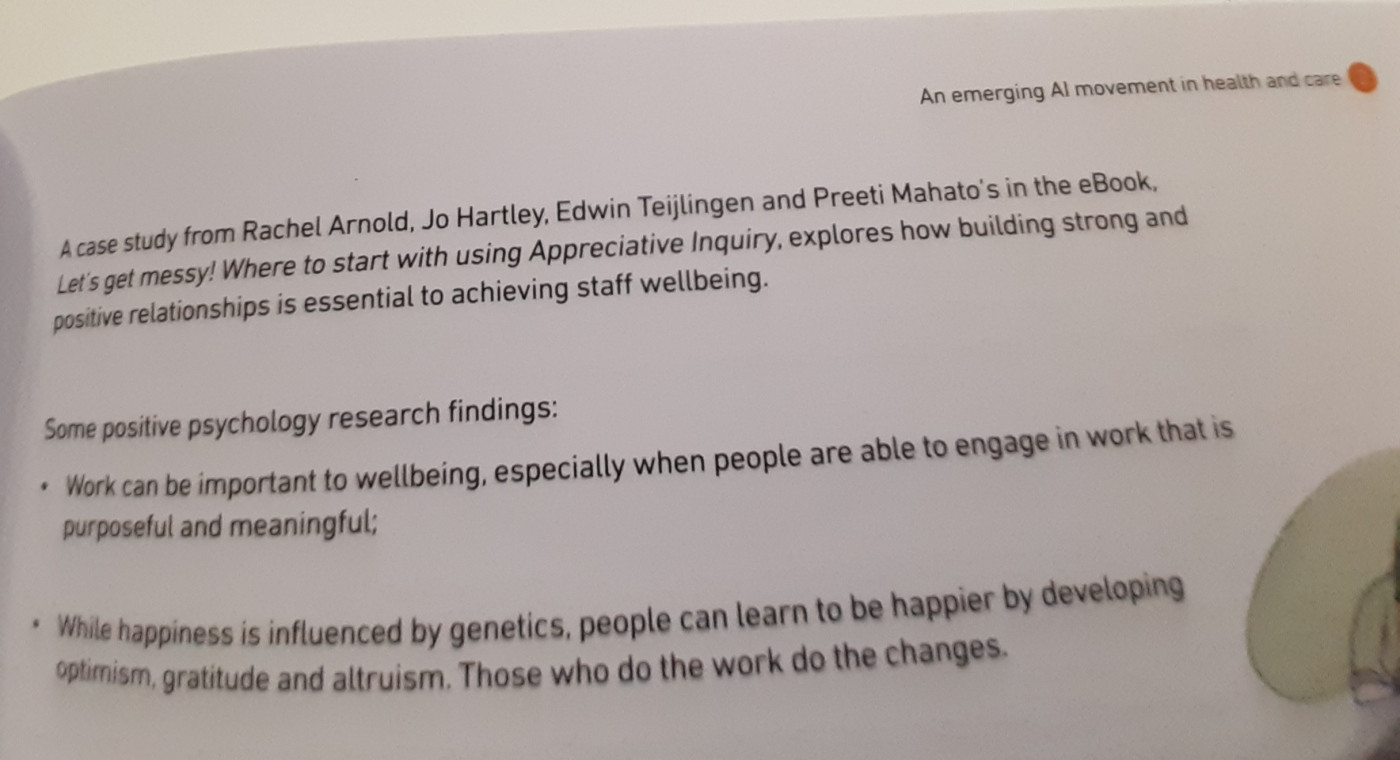
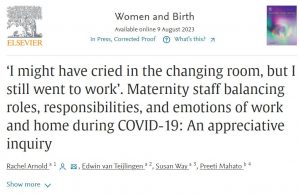


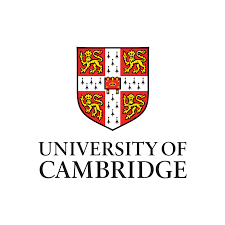
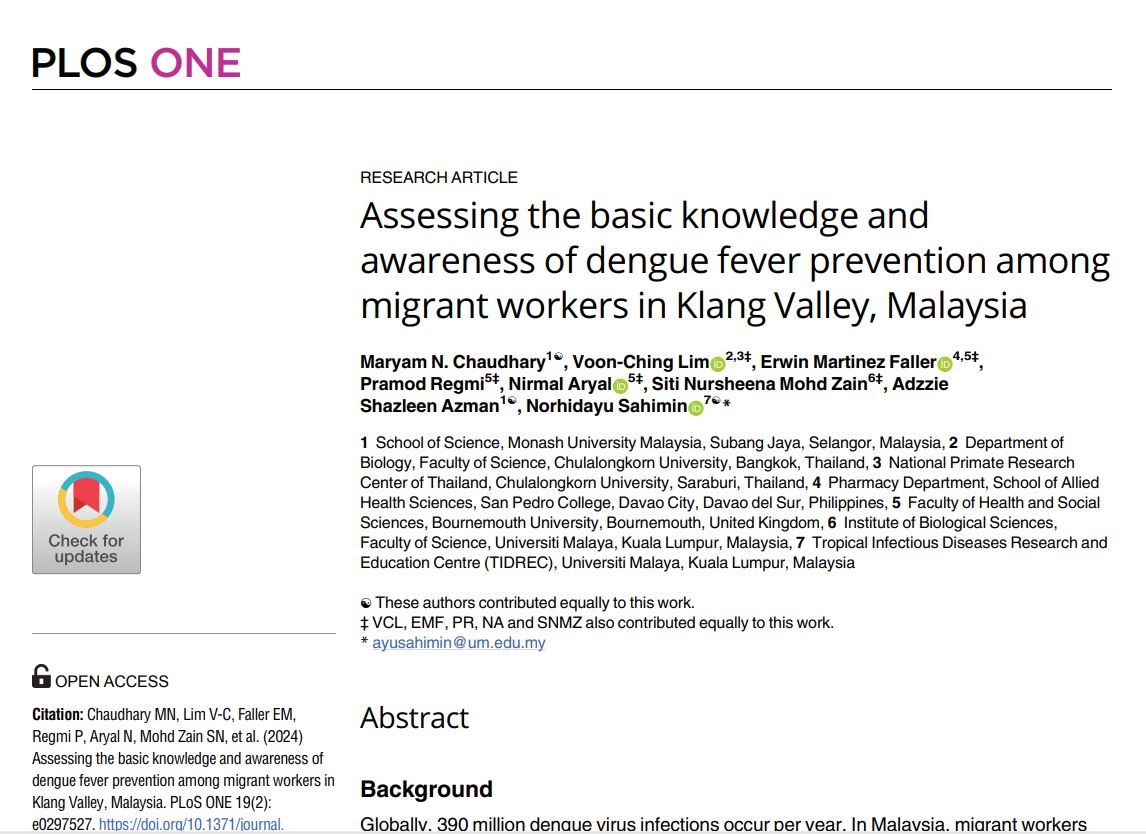
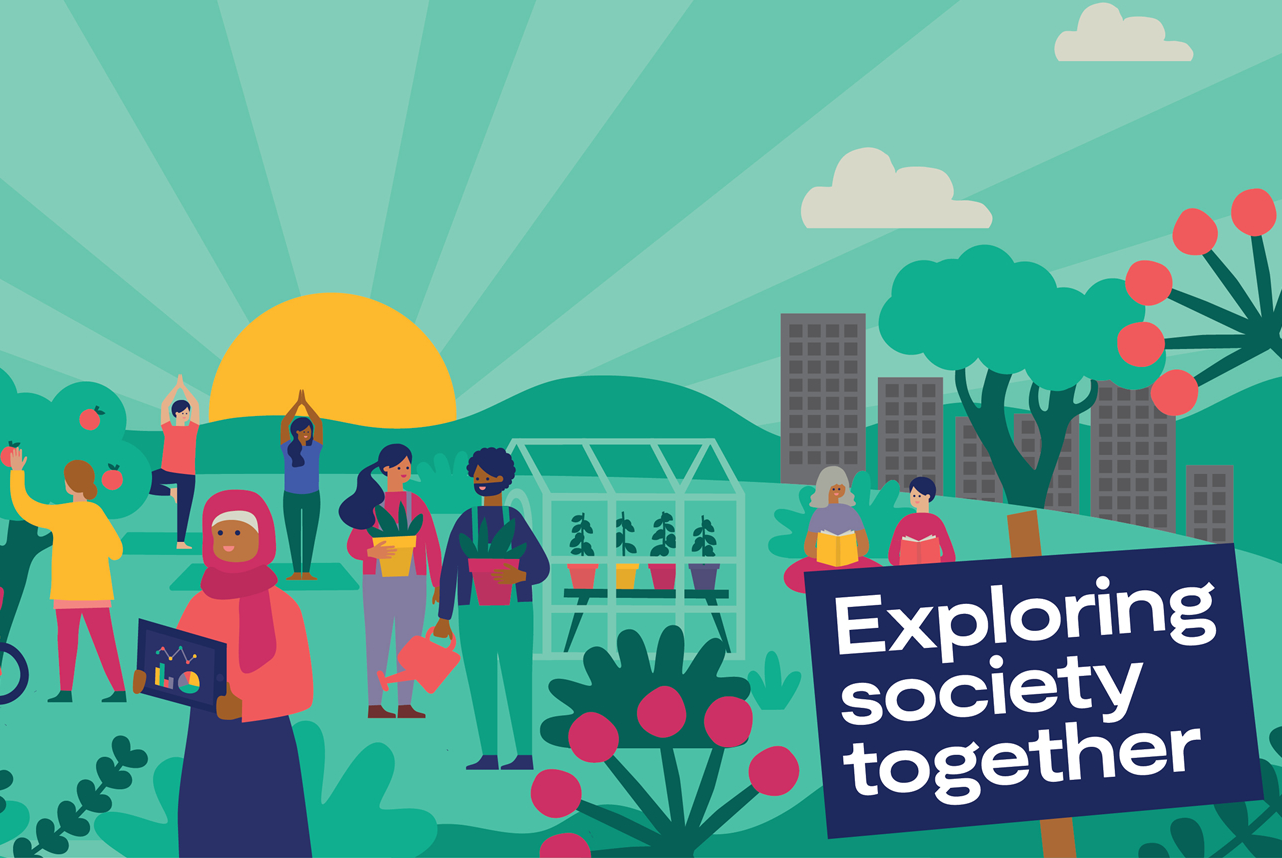
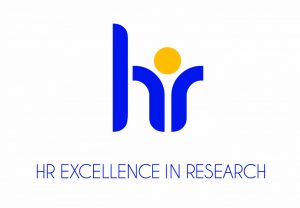 The BU
The BU 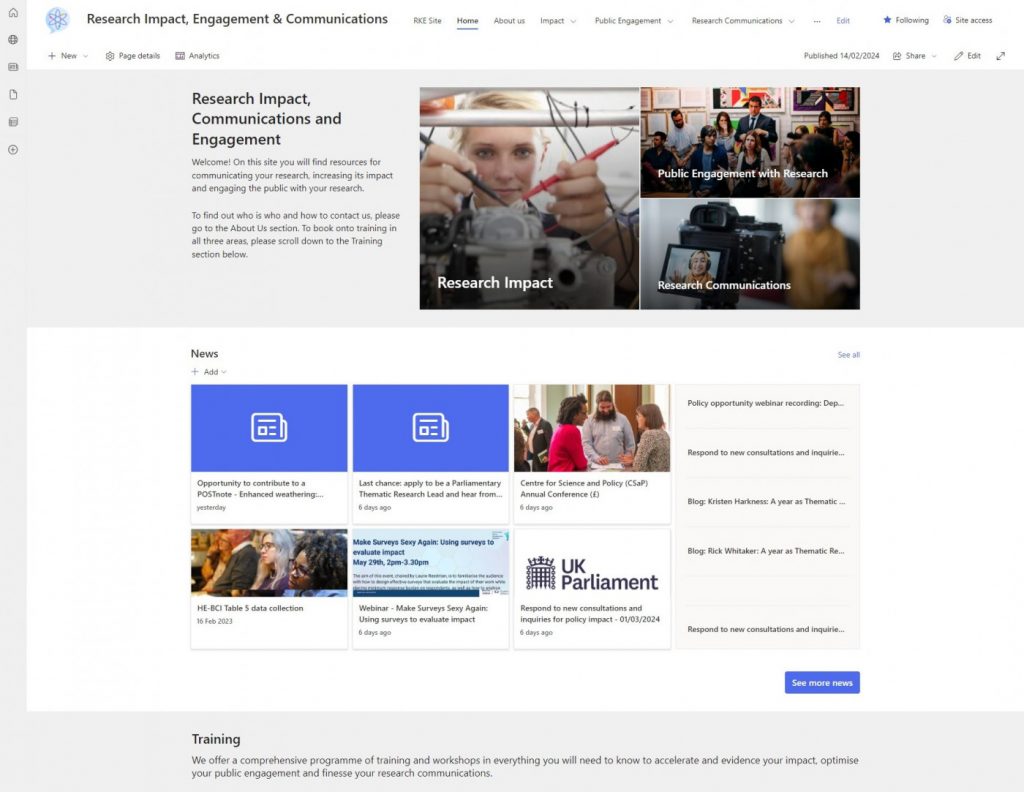
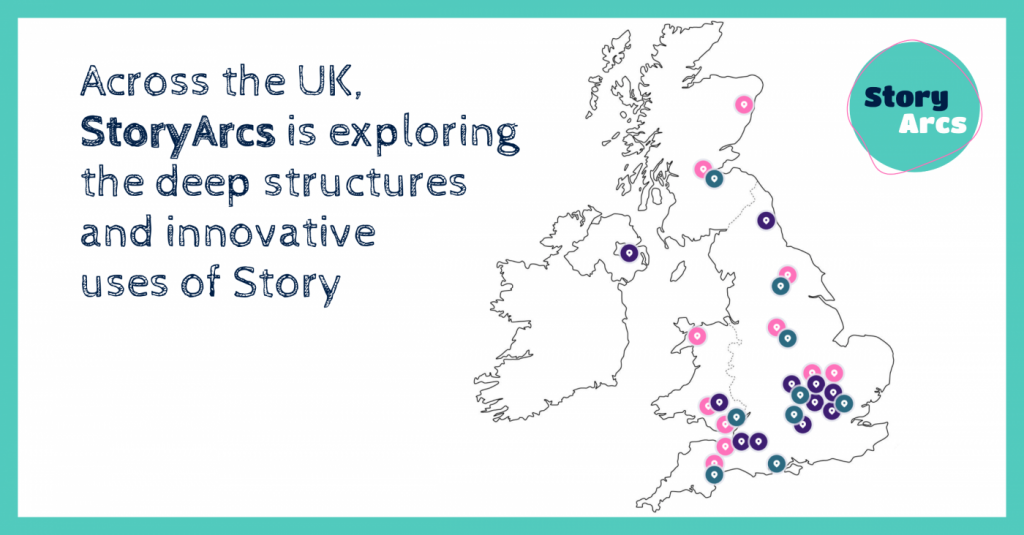

 Research Leadership: Leading the Development of a Project for Funding
Research Leadership: Leading the Development of a Project for Funding










 From Sustainable Research to Sustainable Research Lives: Reflections from the SPROUT Network Event
From Sustainable Research to Sustainable Research Lives: Reflections from the SPROUT Network Event REF Code of Practice consultation is open!
REF Code of Practice consultation is open! BU Leads AI-Driven Work Package in EU Horizon SUSHEAS Project
BU Leads AI-Driven Work Package in EU Horizon SUSHEAS Project ECR Funding Open Call: Research Culture & Community Grant – Apply now
ECR Funding Open Call: Research Culture & Community Grant – Apply now ECR Funding Open Call: Research Culture & Community Grant – Application Deadline Friday 12 December
ECR Funding Open Call: Research Culture & Community Grant – Application Deadline Friday 12 December MSCA Postdoctoral Fellowships 2025 Call
MSCA Postdoctoral Fellowships 2025 Call ERC Advanced Grant 2025 Webinar
ERC Advanced Grant 2025 Webinar Update on UKRO services
Update on UKRO services European research project exploring use of ‘virtual twins’ to better manage metabolic associated fatty liver disease
European research project exploring use of ‘virtual twins’ to better manage metabolic associated fatty liver disease